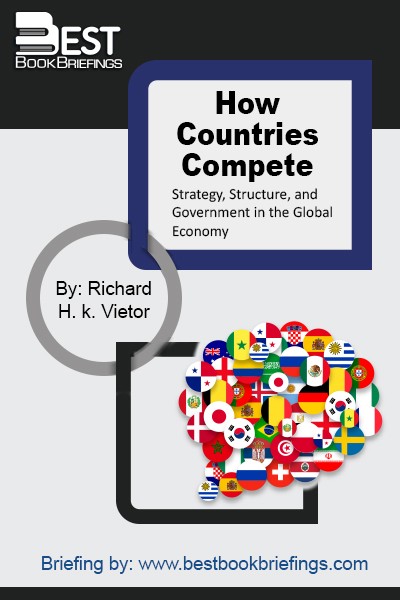How Countries Compete
Strategy, Structure, and Government in the Global Economy
Number of pages: 305
Publisher: Harvard Business Press
BBB Library: Technology and Globalization
ISBN: 9781422110355
Editorial Review
Business and political leaders often talk about what their respective countries must do to compete in the world economy. But what does it really mean for a country to compete, and how do they do this successfully? Countries develop strategies to compete for the markets, technologies, skills, and investment that will raise their standards of living. These government strategies can make—or break—a nation’s efforts to drive and sustain growth. Countries compete to develop. This is one result of globalization. They compete to grow and raise their standard of living. In this competitive environment, its government that provides distinctive advantages to firms: high savings and low interest rate for investment, sound property rights and good governance, a technological motivated and committed workforce, a low rate of inflation, and a rapidly expanding domestic market.
Book Reviews
Books on Related Topics
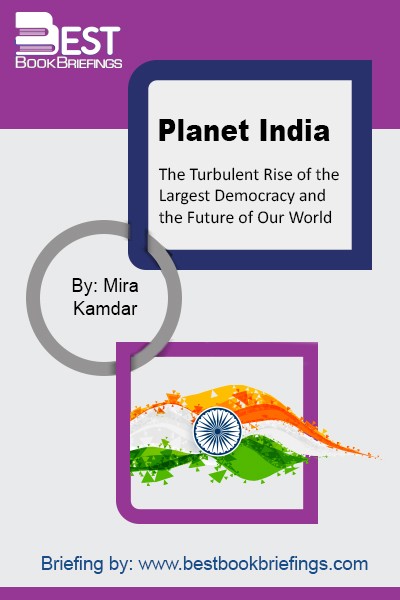
India is everywhere - Indian studios produce animated features and special effects for Hollywood movies; Indian software manages our health records; and Indian customer service centres answer our calls. A country of English speakers and a free-market democracy, with the youngest population on Earth, India is not only the fastest growing

When scholars write the history of the world twenty years from now, and they come to the chapter Y2K to March 2004, what will they say was the most crucial development? The attacks on the World Trade Center on 9/11 and the Iraq war? Or the convergence of technology and events
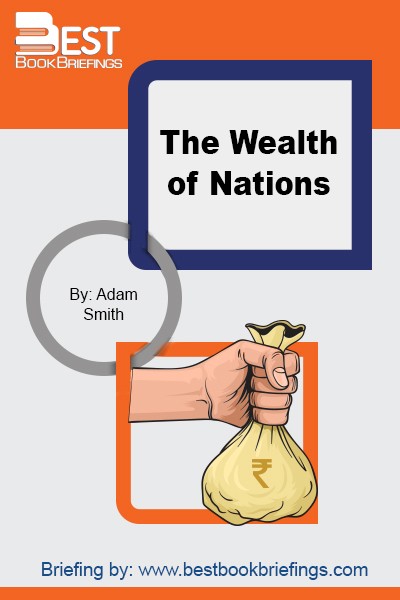
The book’s full name is ‘An Inquiry into the Nature and Causes of the Wealth of Nations,’ written by Adam Smith. This book is truly a masterpiece that gives great insights into the world of economics and management. The entire book is made of six books, discussing economics and explaining how
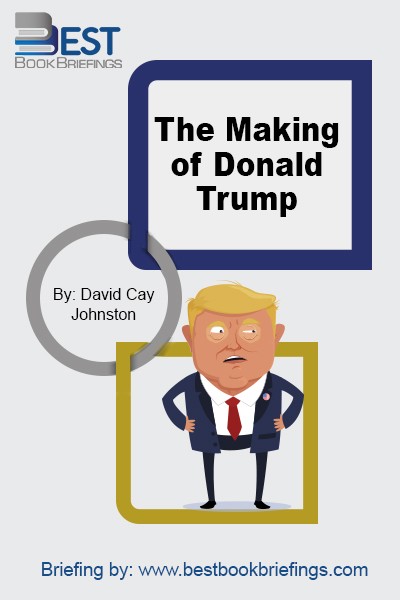
During election campaigns myths about the candidates are formed to polish their image before the voters. Like all campaigns, the Trump campaign has formed a polished image of him in an exceptional skill and determination. In this book, we try to unveil the real story of Trump as the journalist David
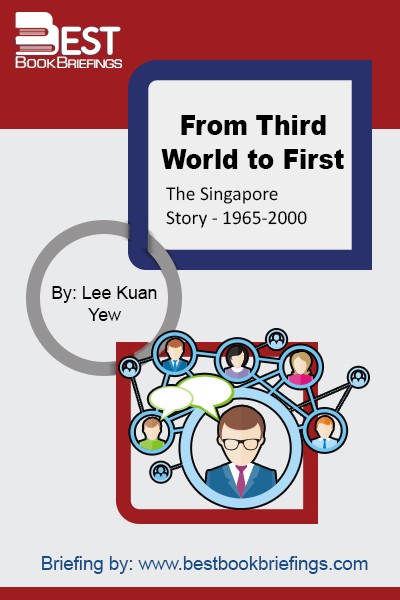
The story of Singapore’s transformation is told here by Singapore's charismatic, controversial founding father, Lee Kuan Yew. Rising from a legacy of divisive colonialism, the devastation of the Second World War, and general poverty and disorder following the withdrawal of foreign forces, Singapore now is hailed as a city of the

What good is a museum or heritage site in this city of gold, driven by development and aspiration, where history is for some just another word for outdated, while for others it is so deeply personal and familial that it has no place in the public realm?
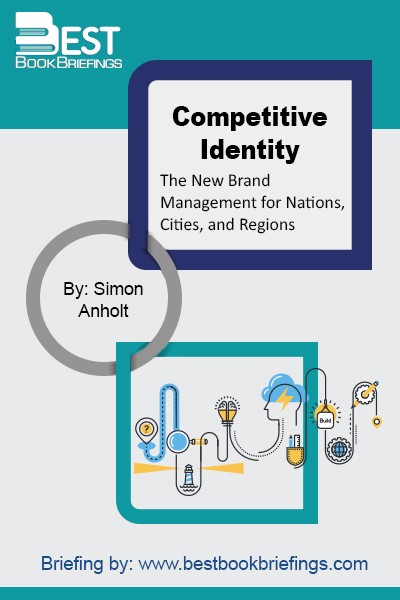
In such a busy and crowded marketplace, most people and organizations don’t have time to learn about what other places are really like. When you haven’t got time to read a book, you judge it by its cover. We all navigate through the complexity of the modern world armed with a
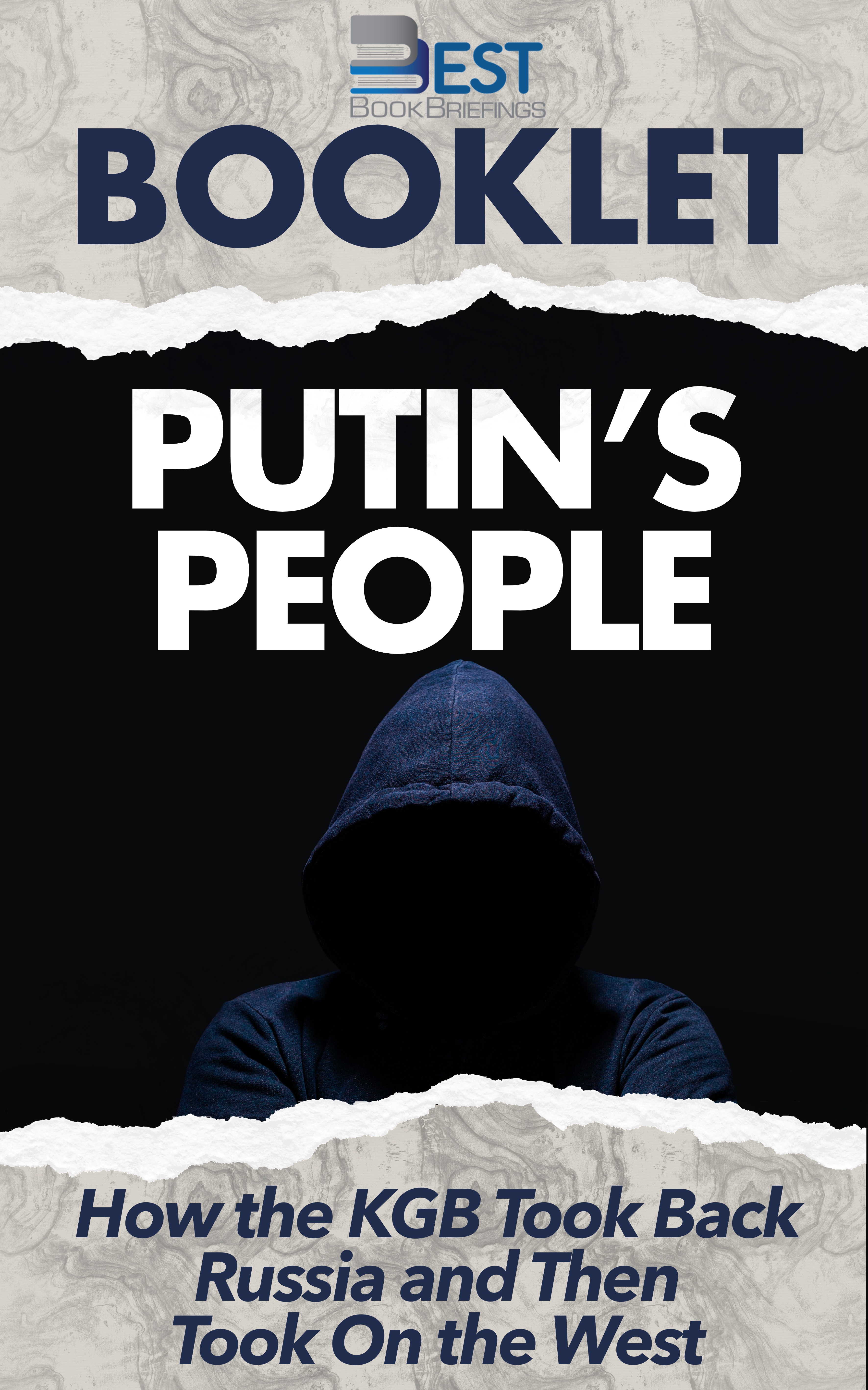
Delving deep into the workings of Putin’s Kremlin, Belton accesses key inside players to reveal how Putin replaced the freewheeling tycoons of the Yeltsin era with a new generation of loyal oligarchs, who in turn subverted Russia’s economy and legal system and extended the Kremlin's reach into the United States and

Jaron Lanier is the father of virtual reality and one of the world’s most brilliant thinkers. Who Owns the Future? is his visionary reckoning with the most urgent economic and social trend of our age: the poisonous concentration of money and power in our digital networks.
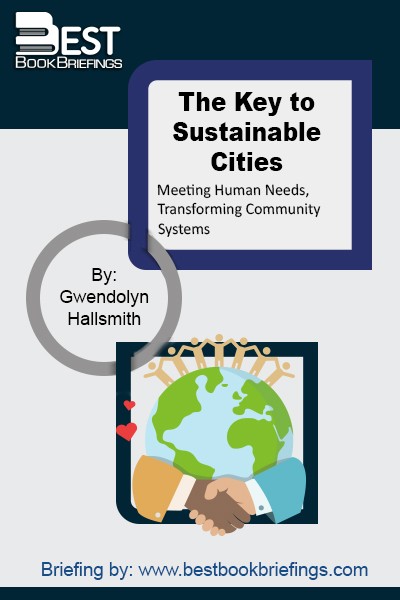
All over the world, cities and towns are challenged with sudden and significant increases in population that tax their ability to meet the needs of residents. A great migration is underway. Some 20 million people move to cities every year, a human transmigration unprecedented in history. From 1950 to 1990 the

